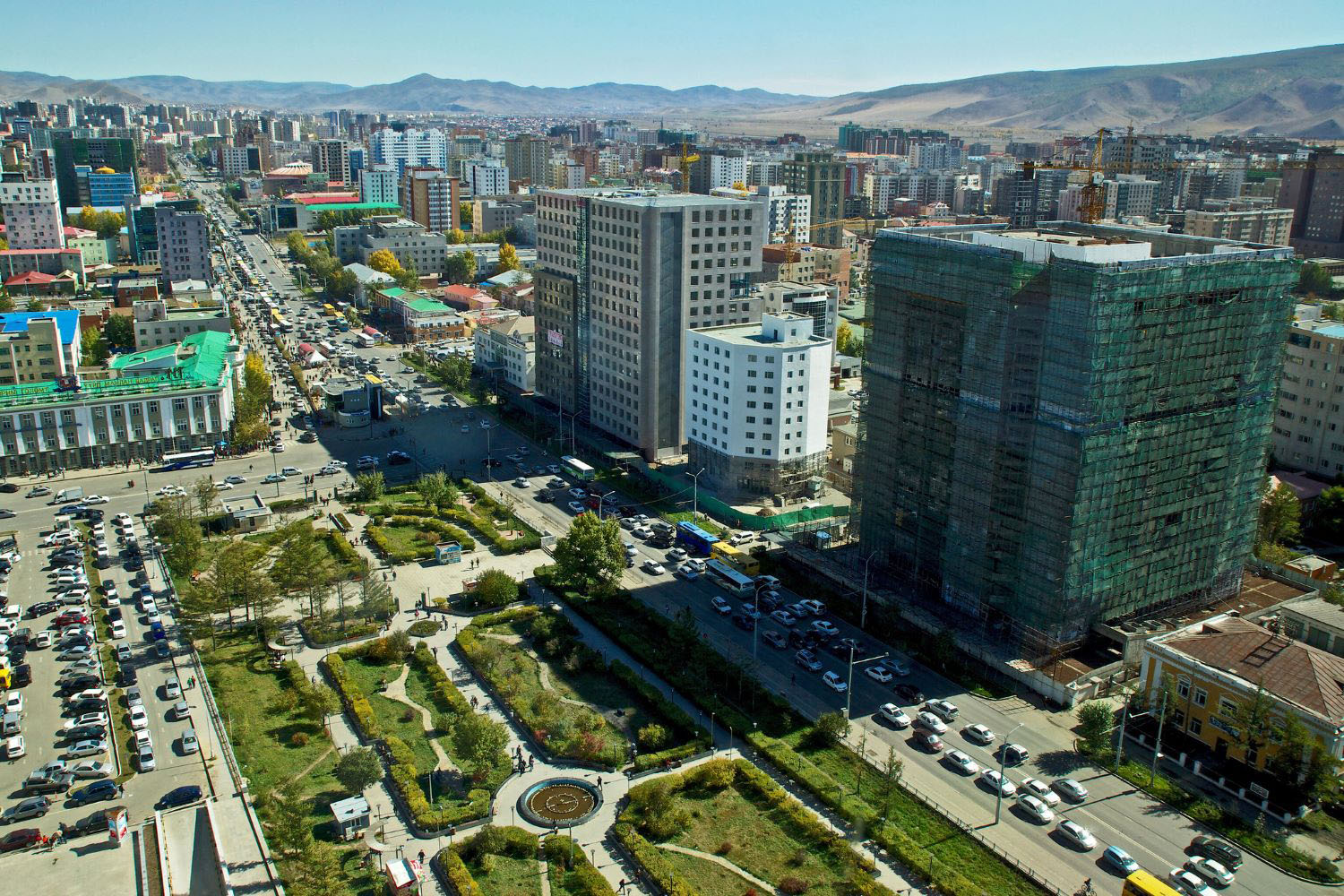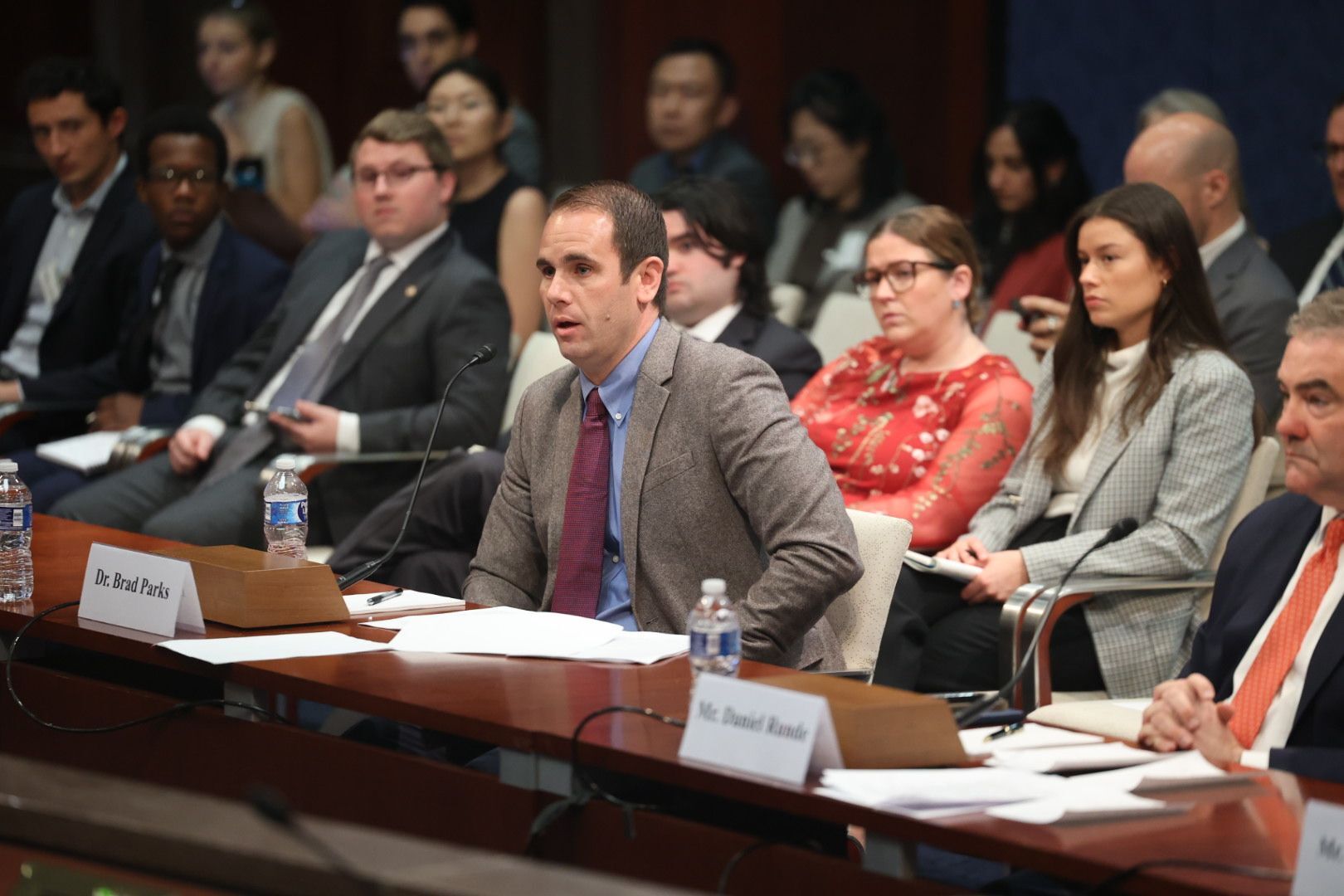This post also appeared on the Huffington Post.Next week,
President Obama, UN Secretary General Ban Ki-moon, and other global leaders will meet with Sudanese leadership to discuss the upcoming referendum. The stakes are huge. In January, southern Sudanese will vote on whether to secede and launch a new, independent country. It’s hard to imagine them not supporting the breakaway vote given their decades’ long fight for independence. Roughly 2 million people died in that struggle. The multi-million dollar question is – what will Khartoum do? Will they let the referendum happen? Will it be fair and transparent? If so, will they respect the results? The meeting next week will grapple with these critical issues.Clearly, Khartoum has a lot of lose. As U.S. Special Envoy Scott Gration
said this week, a southern secession would entail the potential loss of 80 percent of Sudan’s oil reserves, 50 percent of oil revenues, and a third of its population. The United States and other countries are dangling the regular carrots (improved diplomatic relations, removal of sanctions, and greater investments) if Khartoum stays off a war footing. All of those things are fine. However, the package would be much stronger if it included a clear path for dealing with Sudan’s crushing external debt. As of 2009, Sudan owed roughly $35 billion to its creditors – of which, nearly all of it has been in arrears for years. Those arrears have kept the door shut on new credit from the World Bank, African Development Bank, and other financiers. Opening that door could mean hundreds of millions each year. Having a U.S. ambassador in Khartoum is nice, but turning on the financial spigot talks much louder than a new diplomat’s words.Let’s be clear. The debt issue is as complex as Sudan’s troubled history. Tough questions include: How to divide the existing debt? As a new country, would South Sudan be eligible for existing debt relief initiatives? How will the division of oil revenues impact income levels in the North and South? Currently, I am building an analytical framework for addressing these questions. This financial model will present a number of options – each taking a slightly different approach to dealing with Sudan’s crushing debt burden. Stay tuned.
CGD blog posts reflect the views of the authors, drawing on prior research and experience in their areas of expertise.
CGD is a nonpartisan, independent organization and does not take institutional positions.





